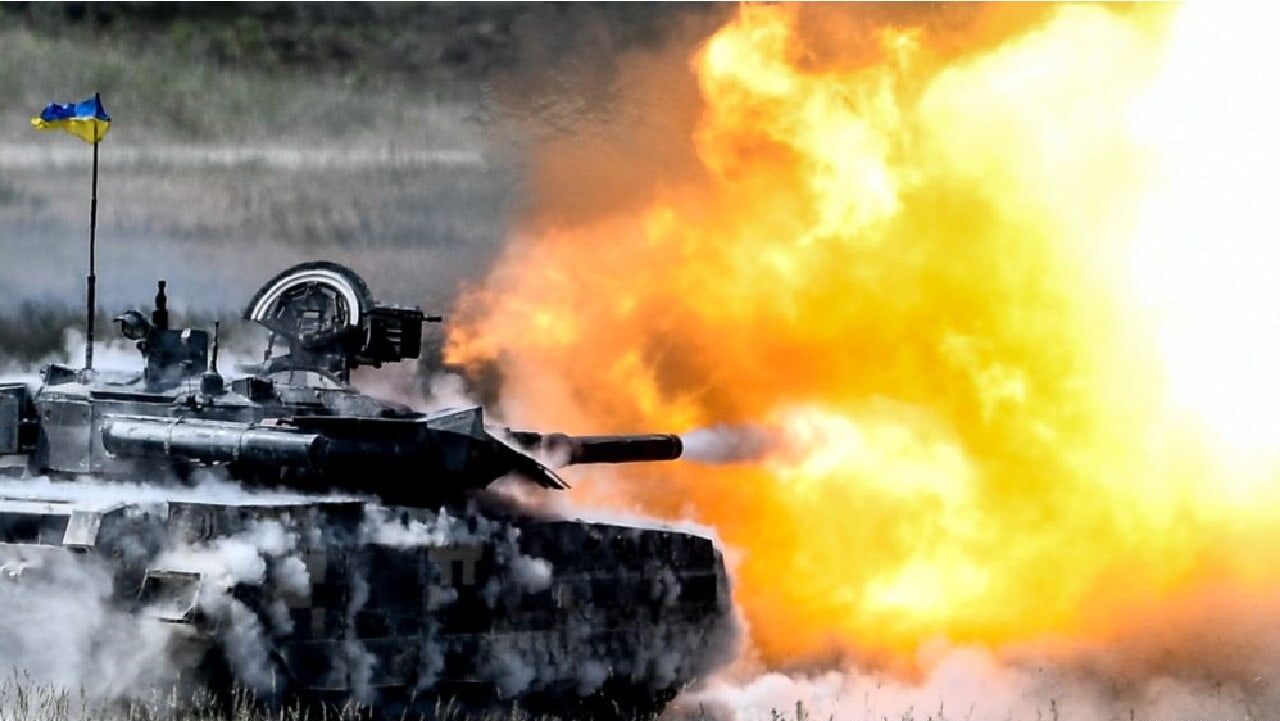Mother Russia has just thumbed her nose at those Western policymakers and analysts who call for immediate negotiations and an end to the Russian war against Ukraine.
The State Duma and the Federation Council—Russia’s President Vladimir Putin—decreed that September 30 be celebrated as Reunification Day in honor of Russia’s illegal annexation on September 30, 2022, of the self-styled Donetsk and Luhansk People’s Republics and Zaporizhzhia and Kherson provinces—not the parts that Russia’s armed forces currently occupy, but all of them, including those parts the Ukrainians have liberated.
A History With Mother Russia
An explanatory note appended to the decree states: “The given event is based on the historical community of peoples living in the territories of the said republics and provinces and is the result of the expression of the will of millions of people, the exercise of their inalienable right to freely and without outside interference determine their political status, to carry out their economic, social and cultural development.”
The note reeks of mendacity, just as the Reunification Day reeks of audacity.
There never was a Russian “historical community” in the annexed territories. If anything, it was Ukrainian—or some combination of Ukrainian, Greek, Crimean Tatar, German, and Russian. The inhabitants of these regions never expressed their “will,” both because the Russian army’s invasion precluded free expression of anything and because the re-unification referenda were painfully and obviously unfree and unfair. The bit about “outside interference”—er, such as the Russian army’s invasion, perchance?—is too rich to comment on. And, finally, since there never was a unified historical community, there can’t possibly be a re-unification.
But these objections are beside the point, which is, quite simply, that Putin has, yet again, informed the West that he will accept nothing less than Russia’s annexation of, at the very least, all of these provinces. In other words, Ukraine would not just have to accept Russia’s aggression; it would actually have to withdraw from Zaporizhzhia and Kherson provinces. Worse, since Putin’s claims to Ukrainian territory rest on a non-existent historical community pining for re-unification, giving in to his demands would only encourage him to make similar claims on Odesa and Mykolaiv provinces. And why stop there? After all, Putin believes Kyiv is the “mother of Russian cities” and that Ukrainians don’t exist.
There is alas nothing to talk about with Putin, and fruitful negotiations of any kind will be impossible as long as he remains in power and hopes to win the war.
Western policymakers and analysts who think that Ukraine can negotiate a deal with a group that has no intention of stopping should either cease being naïve or travel to Moscow and try negotiating with him first-hand. Better still, they should bet their houses and assets on a successful outcome. Anything else is bad faith.
About the Author
Dr. Alexander Motyl is a professor of political science at Rutgers-Newark. A specialist on Ukraine, Russia, and the USSR, and on nationalism, revolutions, empires, and theory, he is the author of 10 books of nonfiction, including Pidsumky imperii (2009); Puti imperii (2004); Imperial Ends: The Decay, Collapse, and Revival of Empires (2001); Revolutions, Nations, Empires: Conceptual Limits and Theoretical Possibilities (1999); Dilemmas of Independence: Ukraine after Totalitarianism (1993); and The Turn to the Right: The Ideological Origins and Development of Ukrainian Nationalism, 1919–1929 (1980); the editor of 15 volumes, including The Encyclopedia of Nationalism (2000) and The Holodomor Reader (2012); and a contributor of dozens of articles to academic and policy journals, newspaper op-ed pages, and magazines. He also has a weekly blog, “Ukraine’s Orange Blues.”

